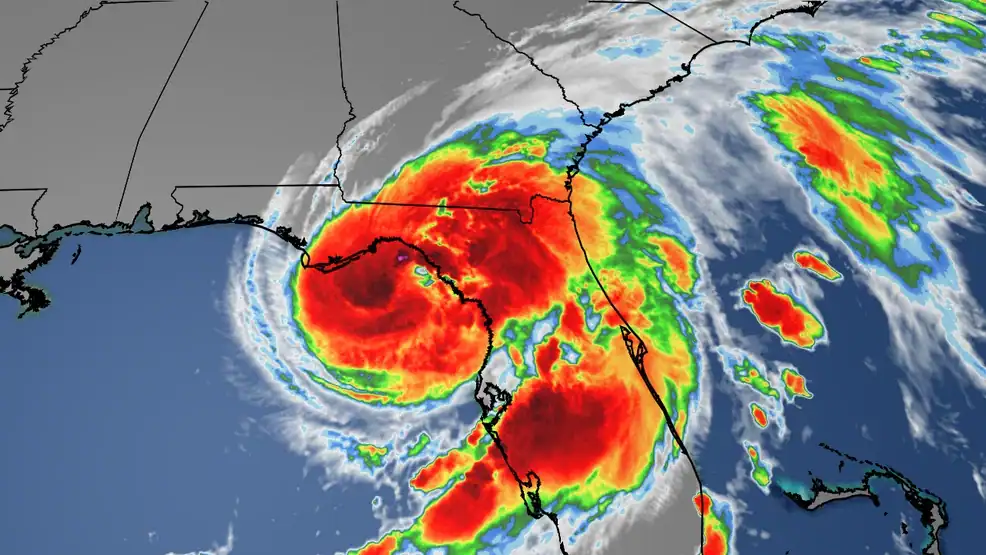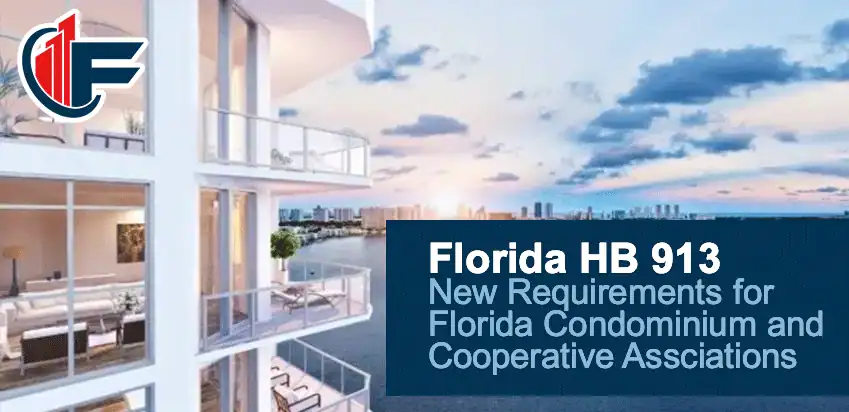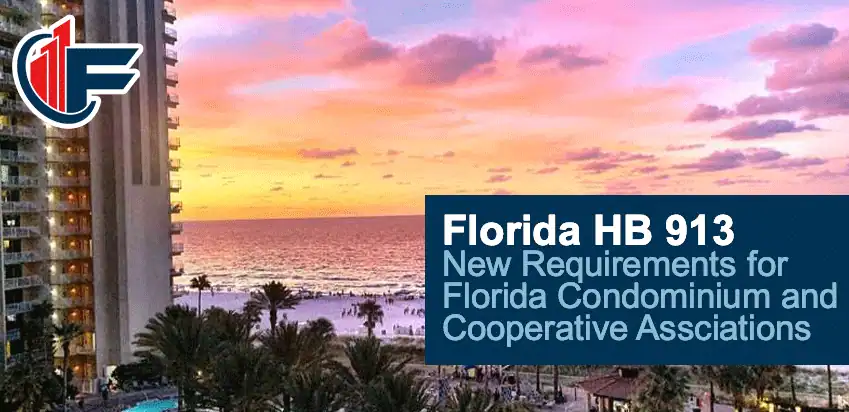
Introduction
Property managers in Florida face a daunting task: keeping condos, HOAs, and commercial properties safe, financially stable, and compliant with regulations like the Structural Integrity Reserve Study (SIRS). From hurricanes battering Tampa’s high-rises to Miami’s saltwater corrosion, the challenges are relentless. A reserve study is your secret weapon—a financial roadmap to plan for repairs and avoid costly surprises. But what exactly is a reserve study, and how does it work in Florida’s unique environment? At FPAT, we’ve empowered thousands of property managers with clear, actionable reserve studies. This guide offers educational resources for property managers to understand reserve studies, ensuring you’re equipped to lead your community with confidence. Ready to master reserve studies? Let’s begin.
What is a Reserve Study?
A reserve study is a financial planning tool that assesses a property’s major components—roofs, elevators, HVAC systems, structural elements—and estimates future repair or replacement costs. It’s your property’s long-term budget, ensuring funds are available without special assessments that upset residents.
In Florida, reserve studies are critical due to:
- Environmental Risks: Hurricanes, humidity, and saltwater corrosion accelerate wear.
- Aging Infrastructure: 40% of Florida’s condos are over 30 years old, per 2025 data.
- SIRS Regulations: Mandated for condos three stories or taller by December 31, 2024, per Florida Senate Statutes.
FPAT’s reserve studies, crafted by our Safety Harbor team, provide 30-year funding plans tailored to Florida’s challenges. Curious about the process? Visit our Reserve Study Process page or read What to Expect During a Reserve Study Inspection for a detailed overview.
Why Property Managers Need Reserve Studies in Florida
Property managers are the backbone of Florida’s condo and HOA communities, balancing resident expectations, financial stability, and legal compliance. Reserve studies are essential because:
- SIRS Compliance: 75% of Florida condos require SIRS, with non-compliance fines up to $10,000, per Florida DBPR.
- Hurricane Damage: 2024 storms caused $1.5 billion in property damage statewide, per local reports, straining unprepared associations.
- Financial Planning: Reserve studies prevent special assessments, which 40% of Florida condos faced in 2023, averaging $10,000 per unit.
- Property Value: Well-maintained properties retain 5–10% higher value, per 2025 real estate data.
Without a reserve study, you risk legal penalties, budget chaos, and resident dissatisfaction. FPAT’s expertise, detailed on our Reserve Studies in Florida page, equips you to succeed.
Key Components of a Reserve Study
A reserve study comprises three core elements:
- Component Inventory: Lists all major systems (e.g., roofs, elevators, waterproofing). In Miami, saltwater corrosion shortens component lifespans by 20%, per CAI.
- Condition Assessment: Evaluates current state and remaining lifespan. For example, a Tampa condo’s HVAC might need $50,000 in repairs in 10 years.
- Funding Plan: Projects costs over 30 years, ensuring gradual reserve contributions. A 100-unit condo might fund $100,000 annually to avoid assessments.
For condos, SIRS requires additional focus on structural components like load-bearing walls and foundations, mandated by December 31, 2024. FPAT’s studies include these, as outlined on our Structural Integrity Reserve Studies (SIRS) in Florida page.
Florida-Specific Reserve Study Requirements
Florida’s reserve study requirements, under Chapter 718 and 719, are enforced by the DBPR:
- SIRS for Condos: Mandatory for buildings three stories or taller, covering load-bearing walls, roofs, and foundations. Complete by December 31, 2024, with updates every 10 years.
- No Reserve Waiving: As of 2025, condos can’t waive structural reserves, ensuring funds are available.
- Reporting: Notify unit owners and the state within 45 days, tracked in a database from January 1, 2025.
- HOA Reserves: While not mandated, HOAs often fund reserves for roofs, roads, and amenities, per Florida Structural Integrity Reserve Studies.
Non-compliance risks fines and safety issues. FPAT’s reserve studies ensure compliance, as seen in our Condo Reserve Studies in Florida page.
How Miami’s Climate Shapes Reserve Studies
Miami’s climate—hurricanes, high humidity, and saltwater corrosion—demands specialized reserve studies. Key impacts include:
- Hurricanes: Miami’s 16% annual hurricane risk shortens roof lifespans by 15%, costing $300,000 for a mid-rise condo.
- Saltwater Corrosion: Oceanfront condos face $500,000 in structural repairs over 20 years due to concrete spalling.
- Humidity: 90% humidity accelerates HVAC wear, adding $20,000 to maintenance costs.
FPAT’s Miami inspections use drones to assess corrosion, ensuring accurate plans. Our Reserve Study Services in Miami, FL page details these climate-focused solutions. Read more in How Miami’s Climate Affects Your Reserve Study.
Tampa’s Reserve Study Needs
Tampa’s Gulf Coast location and urban growth shape its reserve study requirements:
- Hurricane Damage: 2024 storms caused $500 million in Tampa damage, increasing repair costs by 15%.
- Aging Condos: 35% of Tampa’s condos are over 30 years old, needing frequent repairs.
- SIRS Compliance: 70% of Tampa’s condos require SIRS, per 2025 data.
FPAT’s Tampa studies address wind damage and corrosion, as outlined on our Reserve Study Requirements for Tampa Condos and Reserve Study Services in Tampa, FL pages.
FPAT’s Approach to Reserve Studies
FPAT simplifies reserve studies for property managers:
- Certified Expertise: CAI-trained engineers ensure accuracy, with a 95% satisfaction rate.
- Florida Focus: Our Safety Harbor team tailors studies to hurricanes, corrosion, and SIRS, saving clients $75,000 on average in 2024.
- Clear Reports: Visual reports with 30-year funding plans make compliance easy.
- Ongoing Support: We guide boards through implementation, reducing stress.
Our Case Study: How FPAT Helped a Tampa Condo Meet SIRS Compliance shows how we saved $50,000 in fines.
Practical Tips for Property Managers
To maximize your reserve study:
- Prepare Records: Gather blueprints and maintenance logs for accurate assessments.
- Engage Your Board: Educate board members on SIRS, using our Understanding SIRS Compliance for Florida Condos blog.
- Plan Updates: Schedule updates every 3–5 years, per Top 5 Reasons to Get a Reserve Study in Florida.
- Communicate with Residents: Share funding plans to build trust, as advised in Avoiding Special Assessments: A Guide for Florida Condos.
FPAT’s consultations ensure these steps are seamless.
Take Action: Master Reserve Studies Today
As a property manager, you’re the key to your community’s success. A reserve study ensures compliance, financial stability, and resident trust. Partner with FPAT to simplify the process and protect your Florida property. Start today.








